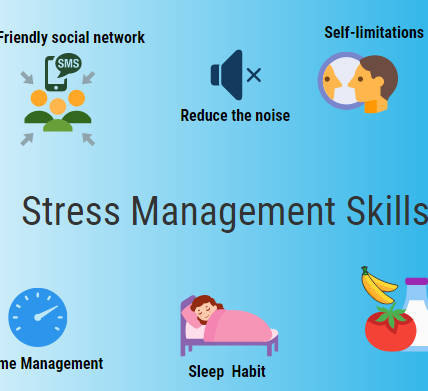Pain Management Finding Relief
Pain is a common human experience, and while it can be a warning sign of an underlying health issue, it can also significantly impact our quality of life. Effective pain management strategies can help alleviate discomfort and improve overall well-being.
Types of Pain
- Acute Pain: Short-term pain that arises suddenly, such as from an injury or surgery.
- Chronic Pain: Long-lasting pain that persists for months or years.
- Neuropathic Pain: Pain caused by damage to the nerves.
Pain Management Strategies
- Medication:
- Over-the-counter pain relievers: Nonsteroidal anti-inflammatory drugs (NSAIDs) like ibuprofen and acetaminophen can help reduce pain and inflammation.
- Prescription pain medications: Stronger pain relievers, such as opioids, may be prescribed for severe pain, but their use should be carefully monitored due to the risk of addiction.
- Physical Therapy:
- Physical therapy can help improve flexibility, strength, and range of motion, reducing pain and improving function.
- Occupational Therapy:
- Occupational therapy can help individuals adapt to pain and injury by teaching them new skills and techniques.
- Alternative Therapies:
- Acupuncture: Involves inserting thin needles into specific points on the body to relieve pain.
- Massage Therapy: Can help relax muscles and reduce pain.
- Mind-Body Techniques: Practices like meditation, yoga, and tai chi can help manage pain and stress.
When to Seek Medical Attention
- Severe or Persistent Pain: If you experience severe or persistent pain, consult a healthcare provider.
- Pain Accompanied by Other Symptoms: If pain is accompanied by other symptoms like fever, rash, or difficulty breathing, seek immediate medical attention.
- Pain that Interferes with Daily Activities: If pain significantly impacts your ability to work, sleep, or perform daily tasks, consult a healthcare provider.
By understanding the different types of pain and exploring various treatment options, you can effectively manage pain and improve your quality of life. Remember, it’s important to consult with a healthcare professional to develop a personalized pain management plan.




